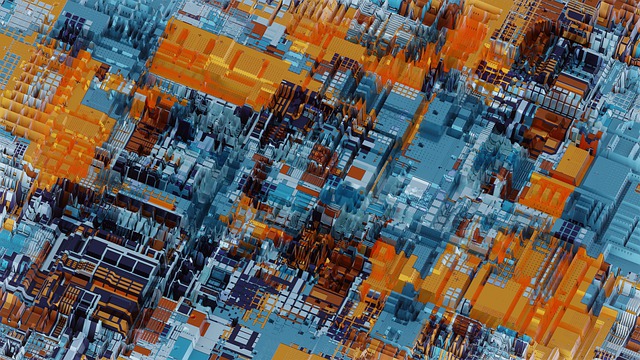
As reported recently in the journal Nature Communications, a team of researchers from the University of Central Florida (UCF), CREOL and the University of Texas have developed a graphene-based transistor that could one day lead to super-fast and super energy-efficient computers. By super-fast we mean a thousand times faster and by super energy-efficient we mean it will only use a hundredth of the power.
Right now, the world of electronics relies on silicon-based transistors to power its devices. And while their invention made it possible for devices to be reduced to smaller sizes as the transistors allowed the flow of current to be controlled, we have just about reached the limit of what silicon can do.
“If you want to continue to push technology forward, we need faster computers to be able to run bigger and better simulations for climate science, for space exploration, for Wall Street. To get there, we can’t rely on silicon transistors anymore,” explained one of the researchers, Ryan M. Gelfand, director of the NanoBioPhotonics Laboratory at UCF.
And so the team turned to what has been hailed as a wonder-material because of its almost magical features — the 1-atom thick, two-dimensional form of carbon known as graphene. According to their findings, if they apply a magnetic field to a graphene ribbon, it will allow them to alter the resistance of current flowing through it. For their particular device, they used carbon nanotubes to increase or decrease the current that controls the magnetic field. Alternatively, increasing or decreasing the strength of the magnetic field allows the flow of current to be increased or decreased too.
In terms of speed, the use of graphene will help pick up the slack that silicon-based transistors can no longer move from. As it is, using a series of silicon-based transistors in different arrangements serve as logic gates that make it possible for microprocessors to solve all kinds of math and logic problems, from the simplest to the most complex ones. The thing is, the maximum achievable clock speed using such transistors can only go as high as 3 to 4 gigahertz. By switching to graphene-based transistors, that speed can make a giant leap from mere gigahertz to the terahertz range — that’s virtually a thousand times faster!
And speed isn’t the only benefit that can be gained from using graphene. Silicon-based transistors have also reached their limit in terms of size, meaning, shrinking them even further can no longer be done. But with graphene, that limit no longer exists. For device makers, that means they can continue shrinking down devices further and packing in more functionalities. And for us eager consumers, that means we can look forward to even more powerful and awesome devices in the future.
- Bulenox: Get 45% to 91% OFF ... Use Discount Code: UNO
- Risk Our Money Not Yours | Get 50% to 90% OFF ... Use Discount Code: MMBVBKSM
Disclaimer: This page contains affiliate links. If you choose to make a purchase after clicking a link, we may receive a commission at no additional cost to you. Thank you for your support!

Been hearing about graphene based computers for more than a decade now. It’d be nice to start seeing them instead.